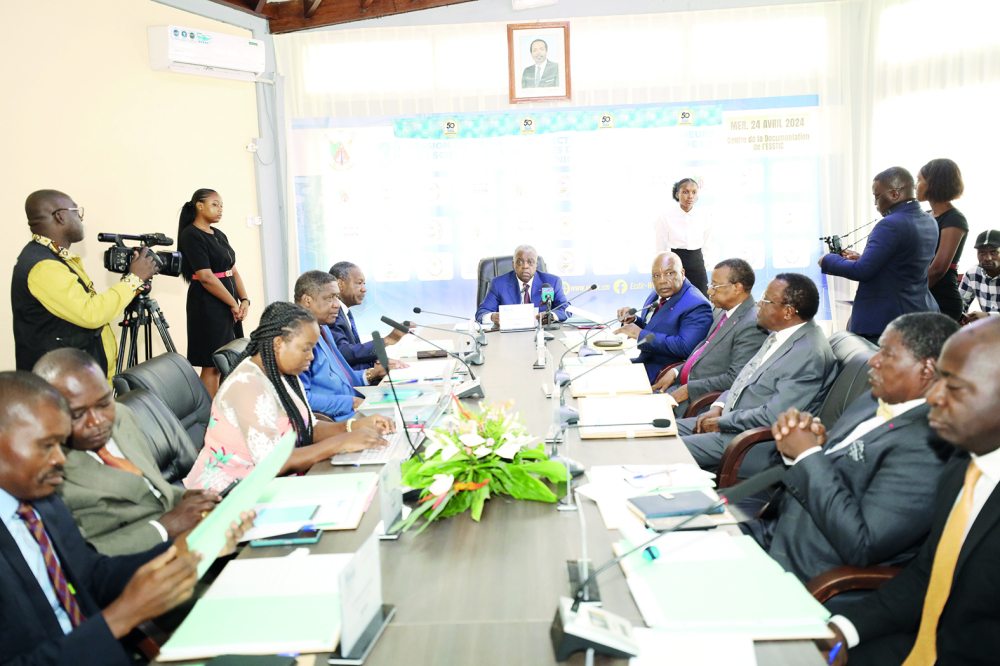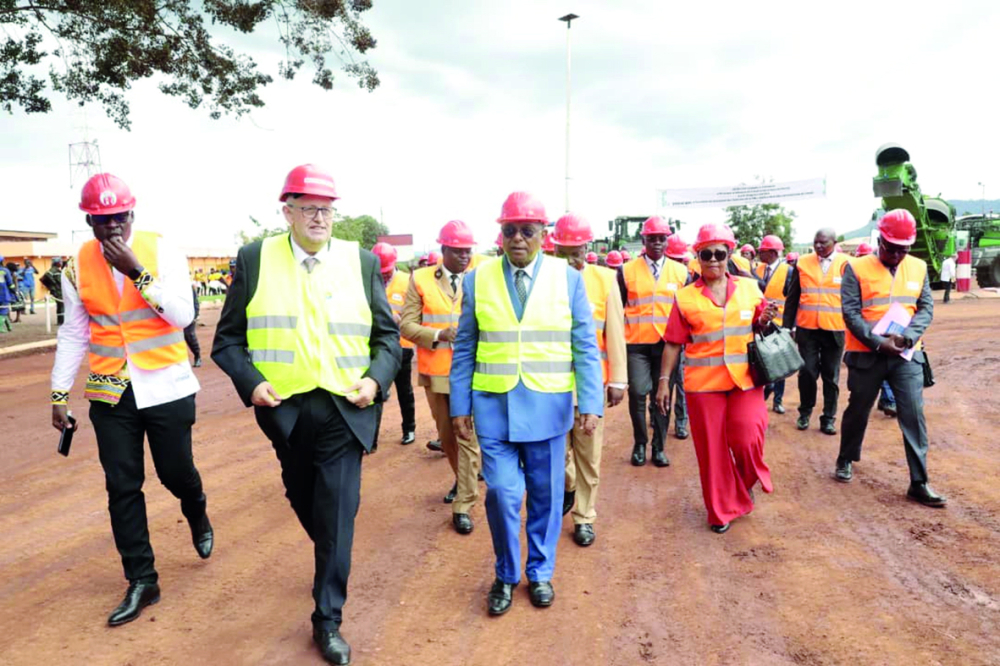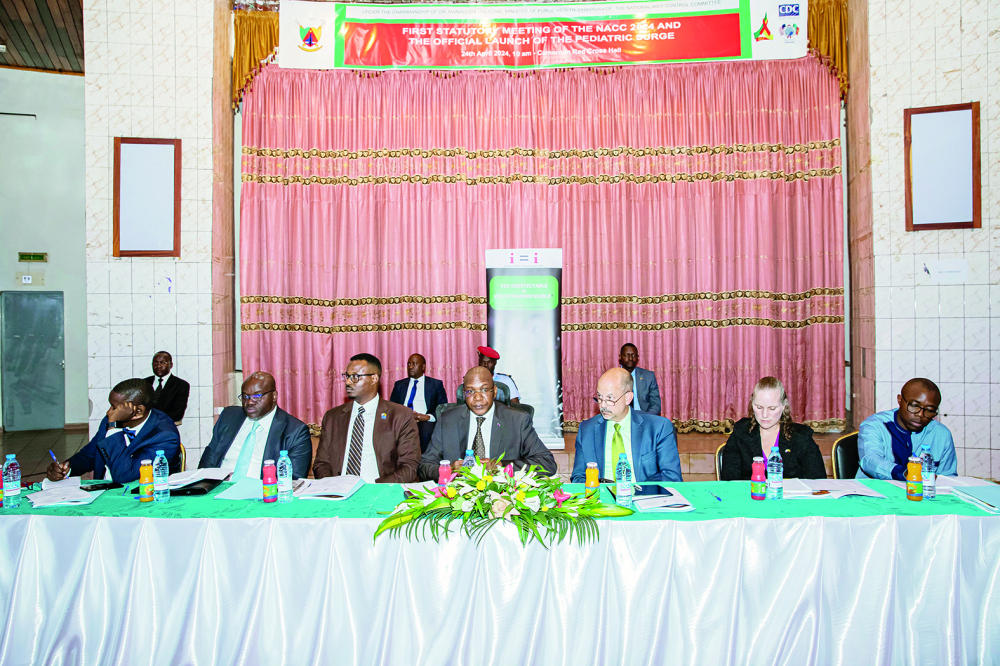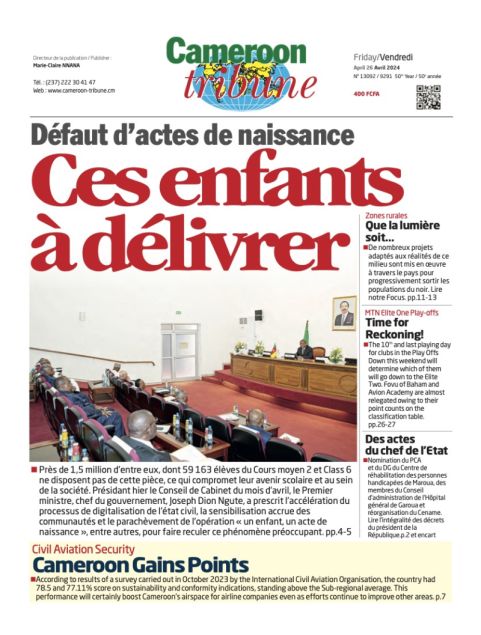“Corruption Is Real In The Land Title Procedure”
- Par Brenda
- 24 nov. 2022 11:13
- 0 Likes

Samuel Nguiffo, Director at the Centre for Environment and Development (CED).
The Cameroon Land Reform was initiated in 2011. What is previewed as a change in the process to obtain a land title?
The President of the Republic announced the land reform to lift what appeared to be the main obstacles to what he referred to as "the second-generation agriculture". He instructed his Government to complete the land reform within a period of six months. It was the beginning of a long journey, with a lot of uncertainties. The previous major land reform happened in 1974 (37 years old, when the 2011 reform was launched), and there were lots of expectations from various stakeholders. Not less than twenty set of proposals for the reform were brought to the ministry by the private sector, women, traditional rulers, forest indigenous people, pastoralist herders, and NGOs. It is worth mentioning that since the introduction of land titling in Cameroon in 1896, only 15 to 20 per cent of the total land area of Cameroon has been registered. This is a very little proportion of the territory of Cameroon, and most of the stakes on land management in the country are now focused on untitled land of the national domain. The existing rules seem to be detrimental to some stakeholders, like those who are too young to have been developing land in 1974. Also, it is expected that other tools could be enjoyed like land concessions, as a step toward land titling. It will give a probation period to those applying for a land title to provide evidence of their capacity to use the full size of land that they are requesting from the State. Such a process could be a measure to fighting land speculation.
While waiting for these changes, there was a reform on land title which was done before now and envisaged the deliverance of land title in six months. Why is this procedure not automatic?
Problems continue to exist, and some of them are even increasing, forcing the Ministry to take management measures. The Minister of State Property has signed some forty circular letters in recent years, with the aim of finding solutions to the most important problems that could be solved without waiting for the reform to be completed. Some of these circular letters aim to protect communities' customary land from the risks of registration by third parties, with the development of the practice of financiers and facilitators, whereby people register customary land and are paid in kind, sometimes taking up to half of the land registered. The restrictions imposed in the direct registration process by the Minister allows for the legitimacy of the rights of those applying for State land titles to be verified, and this measure has greatly limited the number of illegitimate land titles issued by State services. It seemed important that before the publication of the new land law, efforts should be made to maintain, as far as possible, the integrity of the second category national domain, so that it is managed according to the rules and mechanisms contained in the expected texts.
What is being done within the current reform to eliminate corruption and the long procedure to obtain a land title?
Corruption is a reality in our context. The sectors most affected are the most vital ones, and those in which ...
Cet article complet est réservé aux abonnés
Déjà abonné ? Identifiez-vous >
Accédez en illimité à Cameroon Tribune Digital à partir de 26250 FCFA
Je M'abonne1 minute suffit pour vous abonner à Cameroon Tribune Digital !
- Votre numéro spécial cameroon-tribune en version numérique
- Des encarts
- Des appels d'offres exclusives
- D'avant-première (accès 24h avant la publication)
- Des éditions consultables sur tous supports (smartphone, tablettes, PC)














Commentaires